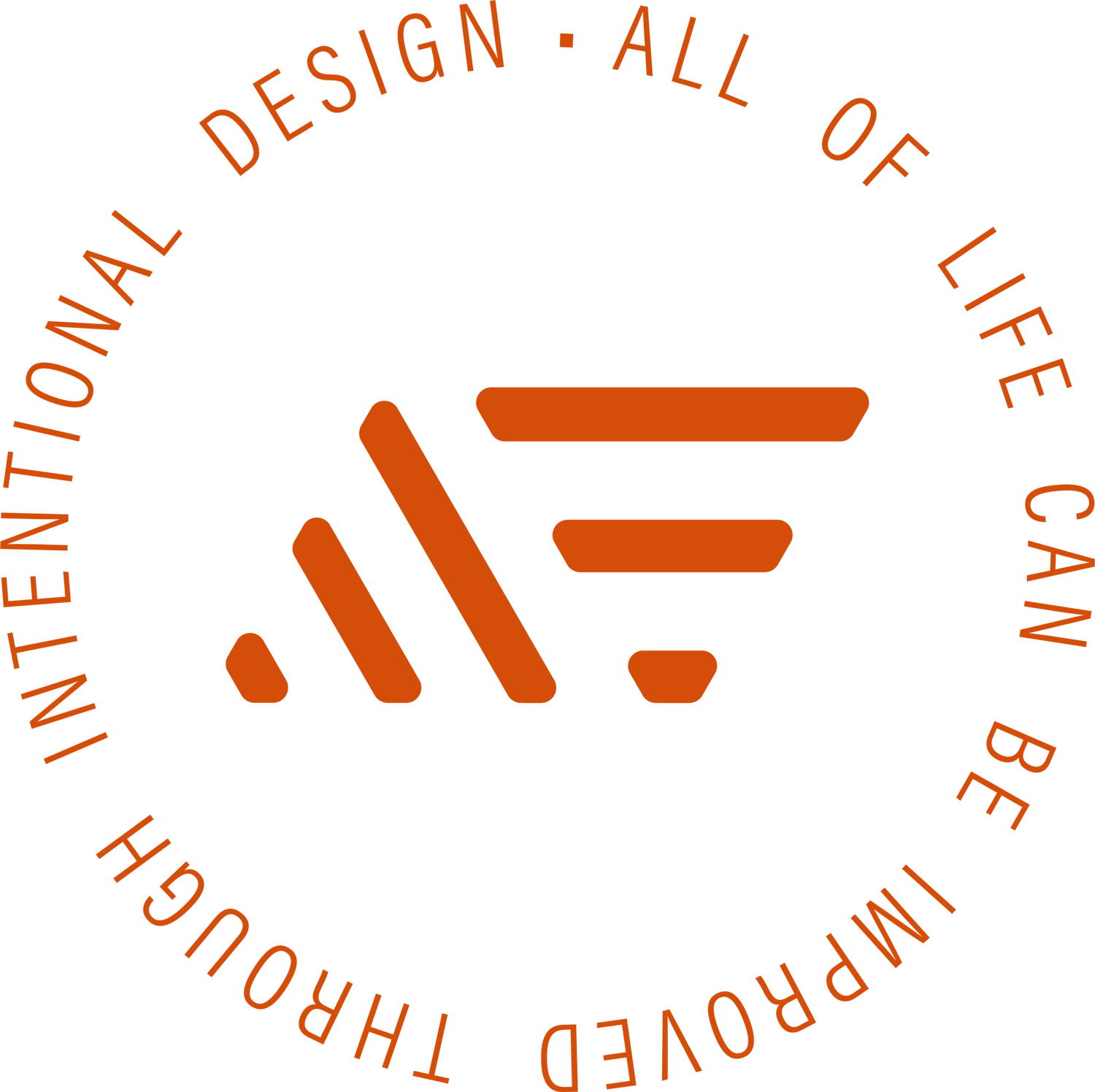Personal User Manual
User manuals, while not a new concept, hold remarkable power, a fact I can personally attest to. Allow me to share an incident that shed light on their significance.
One day, a team member approached me with an issue concerning another colleague's behavior. The troubled teammate had received a "user manual" from the person in question. This document proved to be a revelation, helping them understand behaviors they had previously misinterpreted, transforming frustration into curiosity.
Particularly in remote work environments, it's easy to misjudge actions, comments, or general demeanor. That's why I was inspired by this incident to create my own user manual. Once I finished it, I shared it with my team and even linked it in my Slack bio. This simple gesture allowed my colleagues to gain insight into my motivations, frustrations, and expectations.
As a leader, displaying vulnerability by sharing such a manual fosters trust within the team. When paired with a team charter, it becomes a potent combination that empowers any leader.
User manuals might not be a new idea, but their impact is undeniable. They facilitate understanding, enhance communication, and build stronger connections among team members, particularly in today's remote work setting. For leaders, embracing this practice can lead to a more cohesive and effective team dynamic.
Below is mine so you can see the types of categories that I put in my own User Manual:
How to reach me
I prefer slack DMs. I’ll generally reply in less than an hour
If we need to chat live, let’s hop on a video call, or I prefer Slack Audio Huddles if face time isn’t as important.
My phone is generally open too, text or call 215-XXX-XXXX. This method is best if we’re traveling together, the internet is out, or there’s an emergency.
Day in the life & Preferences
I’m on East Coast time
I either work from my home office or my coworking space starting between 8-9 am
My mind is sharpest for writing and decision-making in the morning. This is usually when I tear through my written to-do list.
I also try to make a habit of getting up and walking every 45-90 minutes.
Afternoons are when I like to collaborate and have meetings.
From 5:30-8:30 pm, it’s important for me to have dinner with my family and put my daughters to bed.
Communication & Feedback
I’m terrible at randomly reaching out to people, but that doesn’t mean I don’t want to chat. One aspect of office life that I miss is the ability to walk to someone's desk and shoot the breeze for 5-10 minutes.
I love all feedback. Sometimes I may need some time to process some of it, but I generally will say something on the spot.
It’s hard for me to lead a meeting where no one says anything at all.
It’s important for designers to come up with design solutions they’ve tried when asking for help
Be able to explain your thinking
Missed commitments without communication are a big trust eroder for me
I joke around a lot and am sarcastic. This sometimes doesn’t land well, but my main motive is one of easing tension or bringing levity to work.
Things I struggle with
It’s hard for me to let go of responsibility initially.
I get demotivated when I can’t connect what I’m working on with a greater strategy or business plan.
Disconnecting when I need to take a break.
Things I love
I get energy from brainstorming
I’m motivated by solving tough problems
I enjoy helping others and appreciate knowing when I’ve helped someone
Leadership Principles
Comparison is a slippery slope. No 2 people, teams, or careers are the same so we should avoid comparing ourselves to others.
I value other people’s opinions. I recognize we won’t always agree and I’m okay with that as long as the conversation remains civil and professional.
I recognize that I don’t have all the ideas or answers, so when others present a solution that’s exciting to me.
Every person gets a starting point of autonomy and trust. This only changes if the trust is broken.
I appreciate being challenged and am not afraid to admit when I’m wrong.
Provide as much context as makes sense for the situation.
Praise publicly (frequently and specifically). Critique/coach in private.
